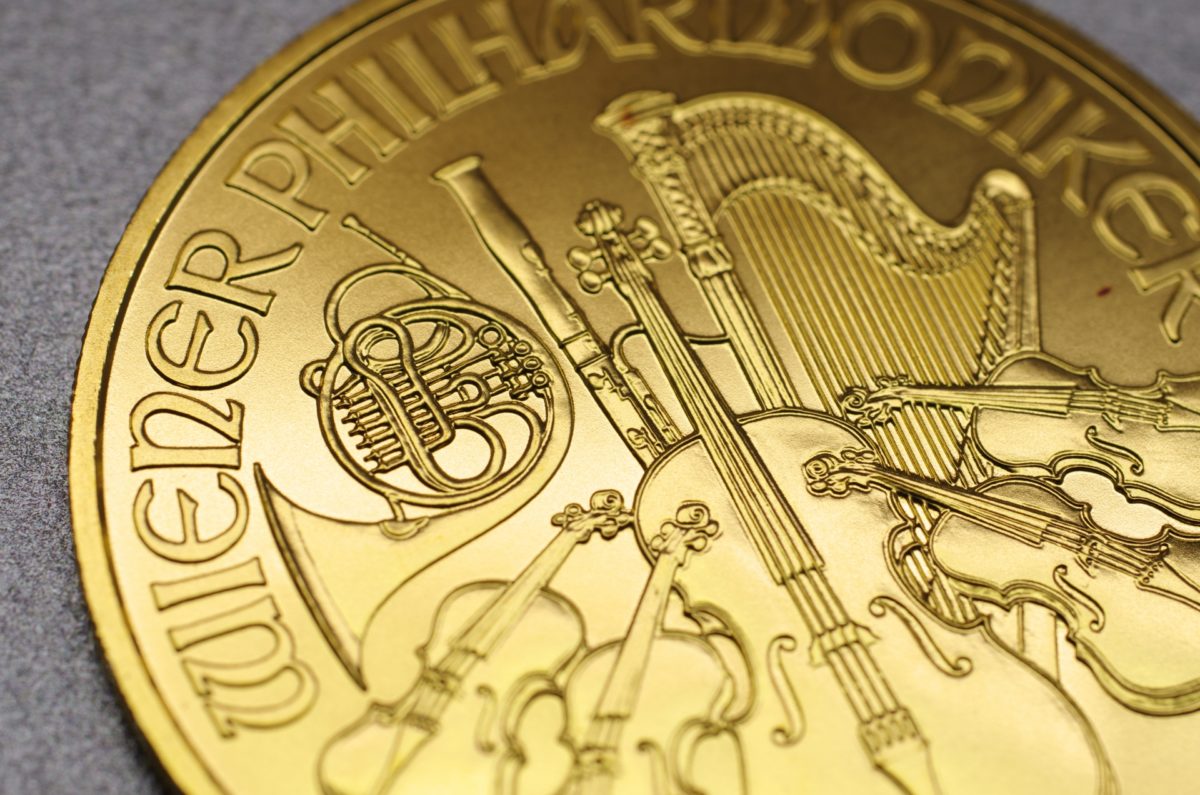The Historical Significance of the 1857 Austrian 2-Taler Silver Coin
페이지 정보

본문
This coin occupies a pivotal role in understanding the monetary evolution of 19th-century Europe

During a period of intense reform as the empire sought to unify its fractured territories
it functioned as both currency and a political statement, reinforcing Habsburg dominance over a patchwork of regions
Produced in the early years of Franz Joseph’s rule, a time when monarchies across Europe were under intense pressure
A single, reliable currency became essential to bind together Bohemia, Hungary, Galicia, and other contested provinces
It was a critical step in eliminating the chaos of regional mints and establishing a centralized financial system
Crafted from high-purity.833 silver with a precise weight of 28.06 grams
On the front, a finely engraved profile of Franz Joseph I bore Latin mottos proclaiming his sovereignty and sacred mandate
The reverse displayed the imperial double headed eagle, a powerful emblem of Habsburg sovereignty, flanked by the denomination and the year of minting
The precision of the engraving and striking attested to the mint’s elite status and the coin’s critical role in commerce
It stood at the cusp of monetary change, bridging the old Gulden-based system with the imminent adoption of the new florin
As one of the last large silver coins issued under the old standard, アンティーク コイン it represents a bridge between centuries of traditional coinage and the modernization of European finance
Fewer were minted than smaller coins, so intact examples are rare and highly sought after by numismatists and scholars
Beyond its numismatic appeal, the coin reflects the broader tensions of its era
With expanding markets and urban centers, consistent coinage became essential to economic growth
The 2 taler was used not only within the empire but also in neighboring regions where Austrian influence remained strong, helping to facilitate commerce across borders
Merchants across Central and Southeastern Europe recognized its value, ensuring its acceptance even in politically unstable zones
It endures not as a mere artifact, but as a symbol of imperial ambition and economic evolution
It embodies the strategy of using currency as a tool of statecraft and territorial integration
Historians and numismatists alike find in it a window into the empire’s governance, minting technology, and economic vision
- 이전글تاریخچه بیتکوین تا ۱۰۰هزار: چگونه ارز دیجیتال محبوب ما به این سطح رسید؟ 25.11.08
- 다음글Amazing u31 Gamings at Leading Thailand Casino 25.11.08
댓글목록
등록된 댓글이 없습니다.